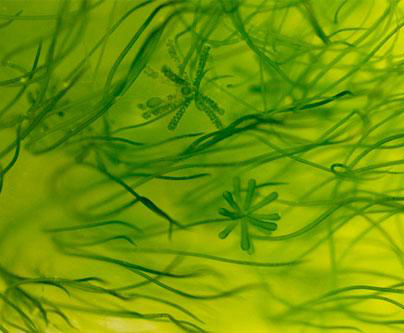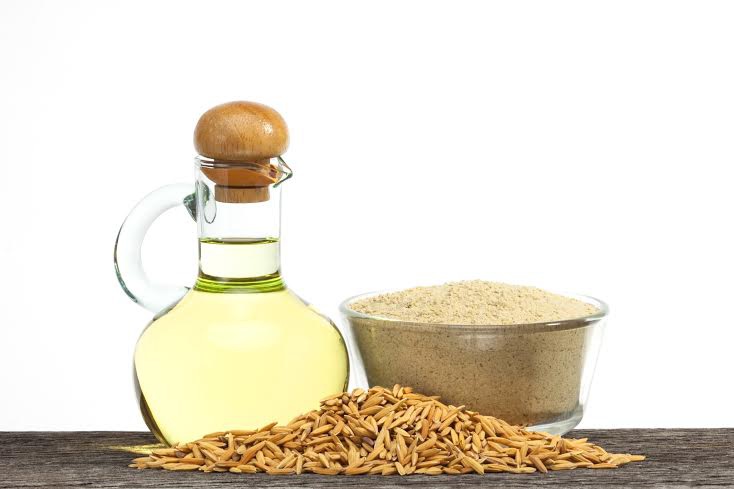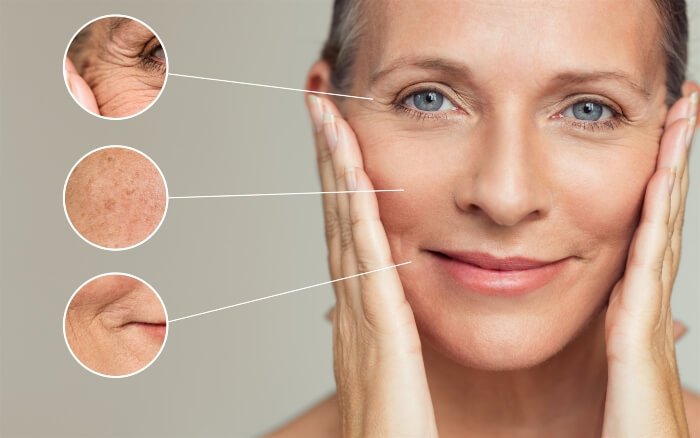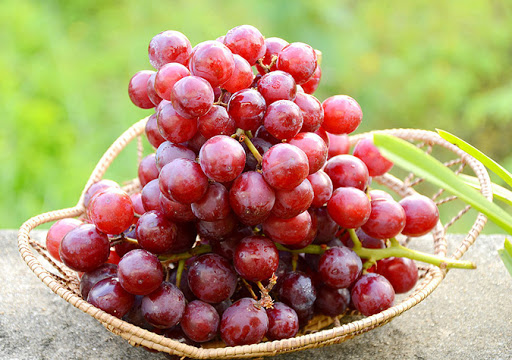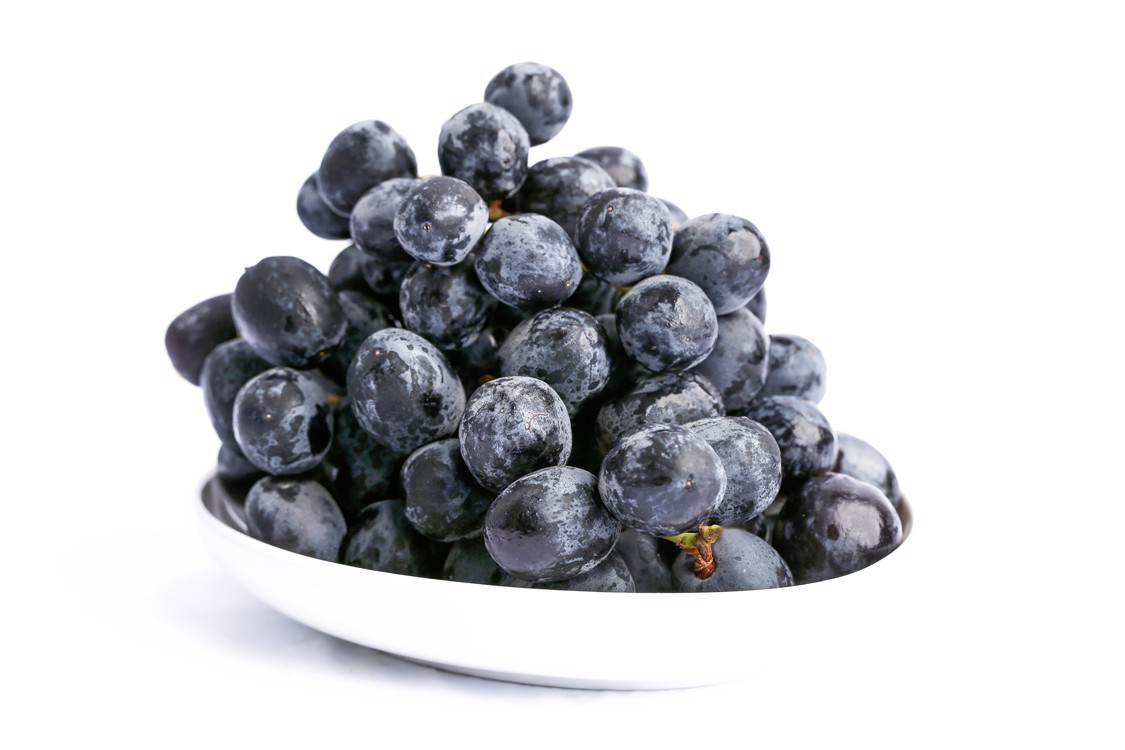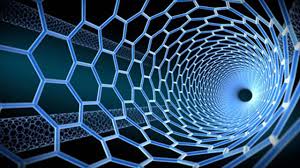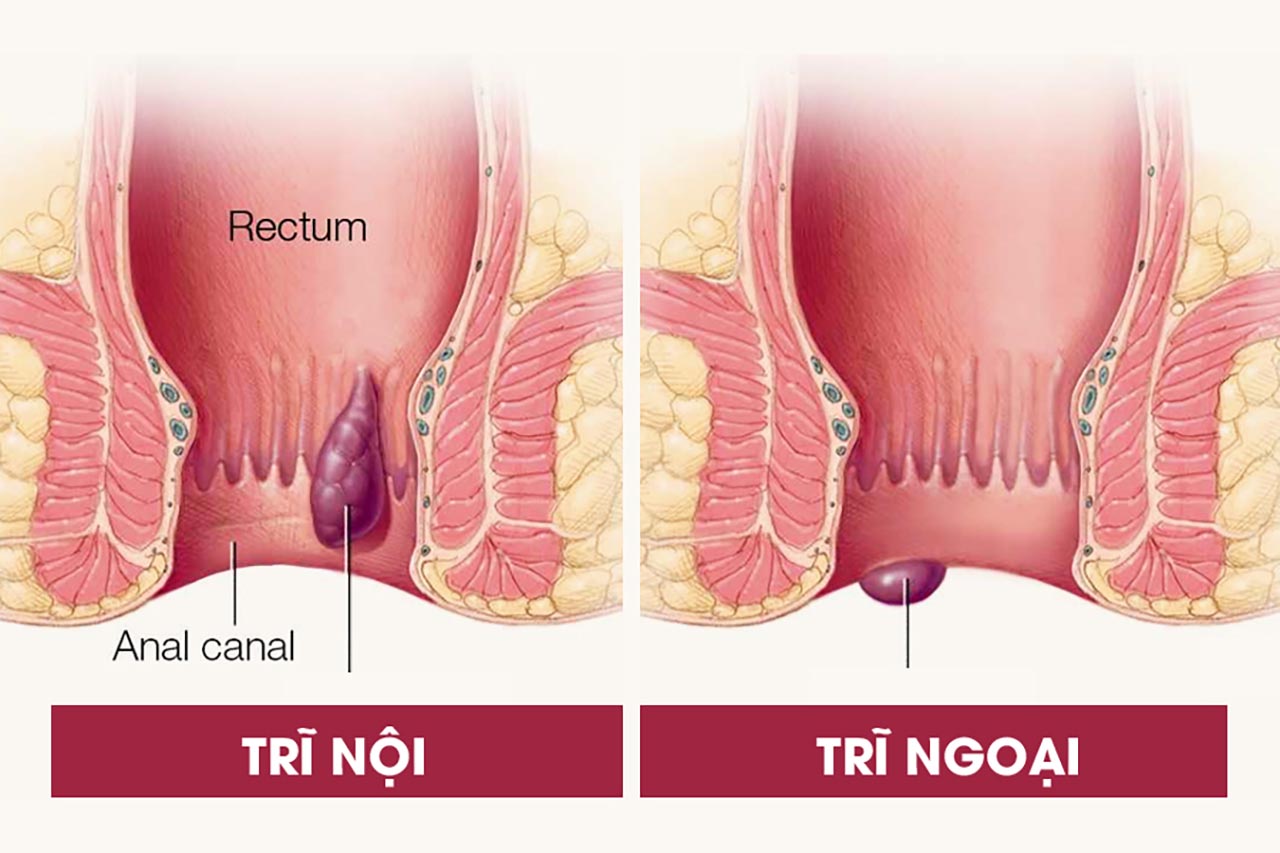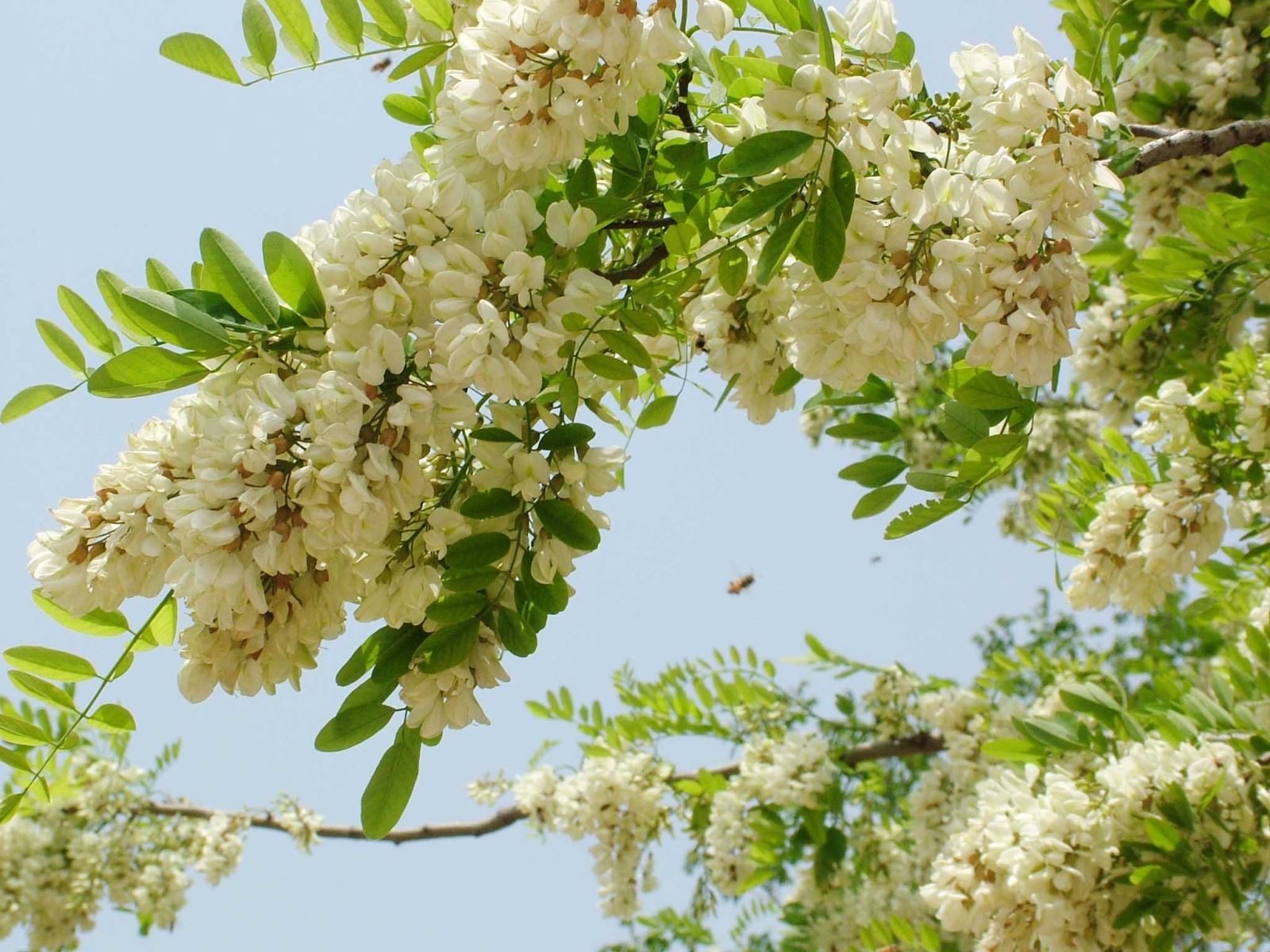SPIRULINA AND THE AMAZING USES OF SPIRULINA
Spirulina (scientific name is Spirulina platensis) is a green spiral filamentous microalgae, which can only be observed as a filamentous spiral composed of many single cells under the microscope. The latest studies show that they are not from the genus Spirulina, but from the genus Arthrospira. The current scientific name of this species is Arthrospira platensis, belonging to the order Oscilatoriales, family Cyanobacteria. Spirulina has been studied for many years. They have superior properties and high nutritional value. Scientists around the world have considered spirulina to be a beneficial organism for mankind. This algae was accidentally discovered by French Dr. Clement in the 1960s while visiting Lake TChad in Central Africa. This scientist couldn’t help but be surprised that the land was barren and hungry all year round, but the aborigines here were very strong and healthy. When Clement learned about their food, she discovered that during the non-hunting season, they only used a kind of blue cake of which main ingredient was something they picked up from the lake. Through analysis, she discovered that this cake called Dihe is spirulina.
The World Health Organization (WHO) recognizes spirulina as the best supplement for human health in the 21st century. The United States Food and Drug Administration (FDA) recognizes it as one of the best sources of protein.
The vitamin content is very high. Every 1 kg of spirulina contains 55 mg of vitamin B1, 40 mg of vitamin B2, 3 mg of vitamin B6, 2 mg of vitamin B12, 113 mg of vitamin PP, 190 mg of vitamin E, 4,000 mg of carotene, of which β-Caroten is about 1700 mg (increased 1000% more than carrots), 0.5 mg folic acid, inosite about 500-1,000 mg
Mineral content can vary with growing conditions, typically iron is 580–646 mg/kg (5,000% more than spinach), manganese is 23–25 mg/kg, Mg is 2,915-3,811 /kg, selenium is 0.4 mg/kg, calcium, potassium, phosphorus are all about 1,000-3,000 mg/kg or higher (calcium content is more than 500%).
Most of the fat in Spirulina is unsaturated fatty acids, of which linoleic acid 13,784 mg/kg, γ-linoleic 11,980 mg/kg. This is rare in other natural foods.
Carbohydrate content is about 16.5%, currently there is information about using glucose extracted from spirulina to conduct anti-cancer studies.
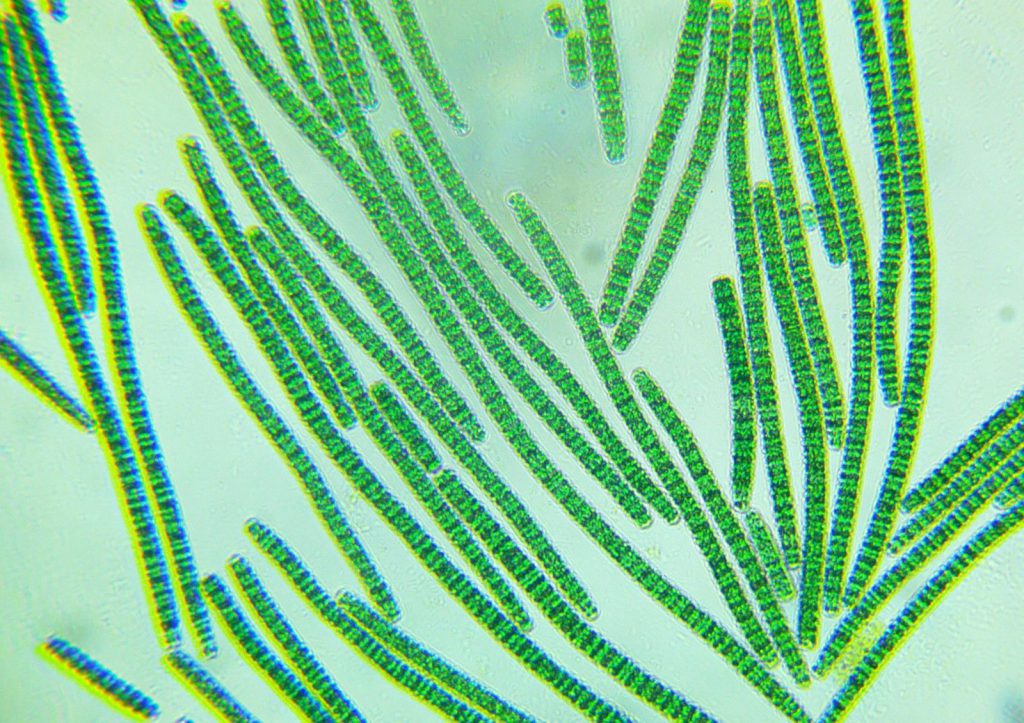
In spirulina contains many types of anti-ageing substances such as β-carotene, vitamin E, γ-linoleic acid. These substances have the ability to eliminate free radicals through antioxidant effects, slow down the ageing of cells, and at the same time, iron and calcium rich in algae are both easy to absorb and have preventive and supportive effects. Treatment of common diseases in the elderly such as anemia, osteoporosis. Japanese scientists have researched that middle-aged and elderly people using spirulina and being physically active is the secret to human longevity. The health-protective meaning of spirulina is that after taking it, all the nutrients the body needs are replenished at the same time, which is beneficial for metabolism, assimilation of the organization, and enhances health. resistance thereby achieving the purpose of disease prevention and promotion of health recovery. In Japan, the elderly do not consider spirulina as a temporary health measure, but rather for long-term health protection to limit medical and hospital costs.
- Standard nutrition, ability to fight cancer, fight HIV/AIDS.
- Anti-malnutrition products are very good for children, the elderly and some other subjects such as patients after surgery, nutritional deficiencies.
- Spirulina mixed with good quality honey (or egg-white) to nourish the skin very effectively.
- Spirulina aids in the treatment of hepatitis, liver failure, patients with high blood cholesterol and diffuse dermatitis, diabetes, peptic ulcer and weakness or pancreatitis, cataracts and insufficiency vision loss, hair loss.
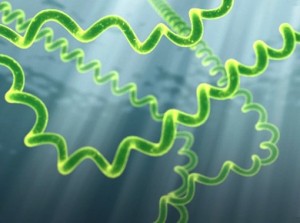
Researchers have shown that spirulina increases resistance to adversity and increases endurance in exercise.
With a moderate dose, spirulina balances nutrition, synthesizes endogenous substances, increases hormones and regulates physiology, giving men a natural, sustainable “strength”.
When using spirulina, its active ingredients will regulate hormones, balance the body, make a woman more “wet”, the body will be younger, can easily be seen on the skin.
In addition, spirulina has effects that have been studied by scientists such as stimulating bone marrow cells, restoring hematopoietic function, reducing blood fat, lowering blood pressure, skincare, and beauty.







